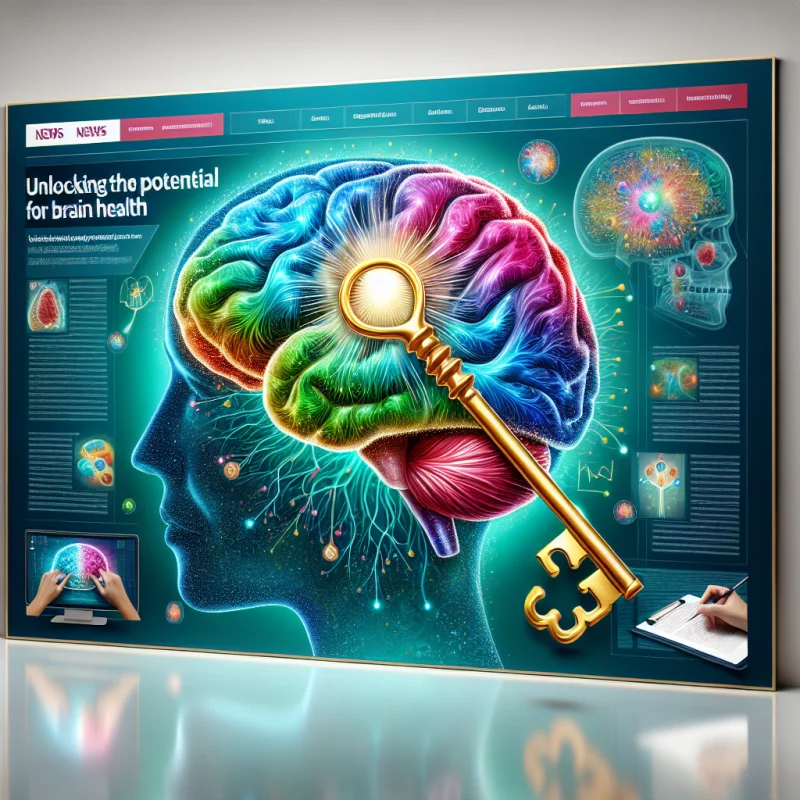In the realm of essential nutrients, vitamin B12 stands out for its crucial role in maintaining overall health, especially when it comes to brain function. This powerhouse vitamin assists in the production of red blood cells and plays a vital role in supporting memory and cognitive abilities. Despite its importance, the question remains: are you getting an adequate amount of vitamin B12? According to experts like Michelle Routhenstein, a preventive cardiology dietitian and certified diabetes educator in New York, vitamin B12 is essential for brain health as it safeguards nerve cells in the brain. The body’s inability to store large amounts of this water-soluble vitamin emphasizes the necessity of daily intake to maintain optimal levels. While the current federal guidelines recommend adults to consume 2.4 mcg of vitamin B12 daily, recent research suggests that some individuals may require higher doses. Dr. Ari J. Green from the University of California, San Francisco, highlighted the impact of B12 deficiencies on brain function, indicating that even seemingly normal intake levels can result in impaired cognitive abilities, especially among older individuals. Studies have further linked lower B12 levels to conditions like Alzheimer’s disease and mild cognitive impairment, underscoring the importance of adequate B12 intake for brain health. However, caution is advised as excessively high B12 levels might also have adverse effects on the brain, prompting the need for further research to determine optimal B12 levels. Considering the challenges in obtaining sufficient B12 solely from diet, some individuals, particularly older adults and those at higher risk of deficiency, may benefit from B12 supplements. Factors like age, dietary restrictions, and certain medical conditions can influence B12 absorption, making supplementation a viable option for maintaining adequate levels. For those concerned about their B12 status, regular testing and consultation with healthcare providers are recommended. Additionally, pregnant women should pay special attention to their B12 intake to support fetal brain development. When opting for supplements, selecting methylcobalamin-based products and considering sublingual or liquid forms are encouraged for better absorption and efficacy. While vitamin B12 plays a key role in promoting brain health, a holistic approach encompassing a balanced diet, regular exercise, and cognitive stimulation is crucial for overall well-being. Engaging in activities that challenge the brain, such as playing a musical instrument or learning a new language, can provide a “full-body workout” for the brain, enhancing cognitive longevity. In conclusion, unlocking the potential of vitamin B12 for brain health involves a balanced approach that combines dietary sources, supplementation when necessary, and cognitive engagement to support optimal neurological function and overall well-being.

Unlocking the Potential of Vitamin B12 for Brain Health

Recent Posts
- Manchester United Young Talent’s Injury Halts National League Cup Clash
- Analysis Suggests Federal Spending Review Falls Short in Addressing Fiscal Stability
- European Optimism Grows Ahead of Ukraine Summit: Will Trump Deliver?
- Global Leaders Unite in Solidarity for Ukraine Amid Ceasefire Talks
- Embracing the Challenges of Sex and Aging in Modern TV Drama
Recent Comments
No comments to show.











